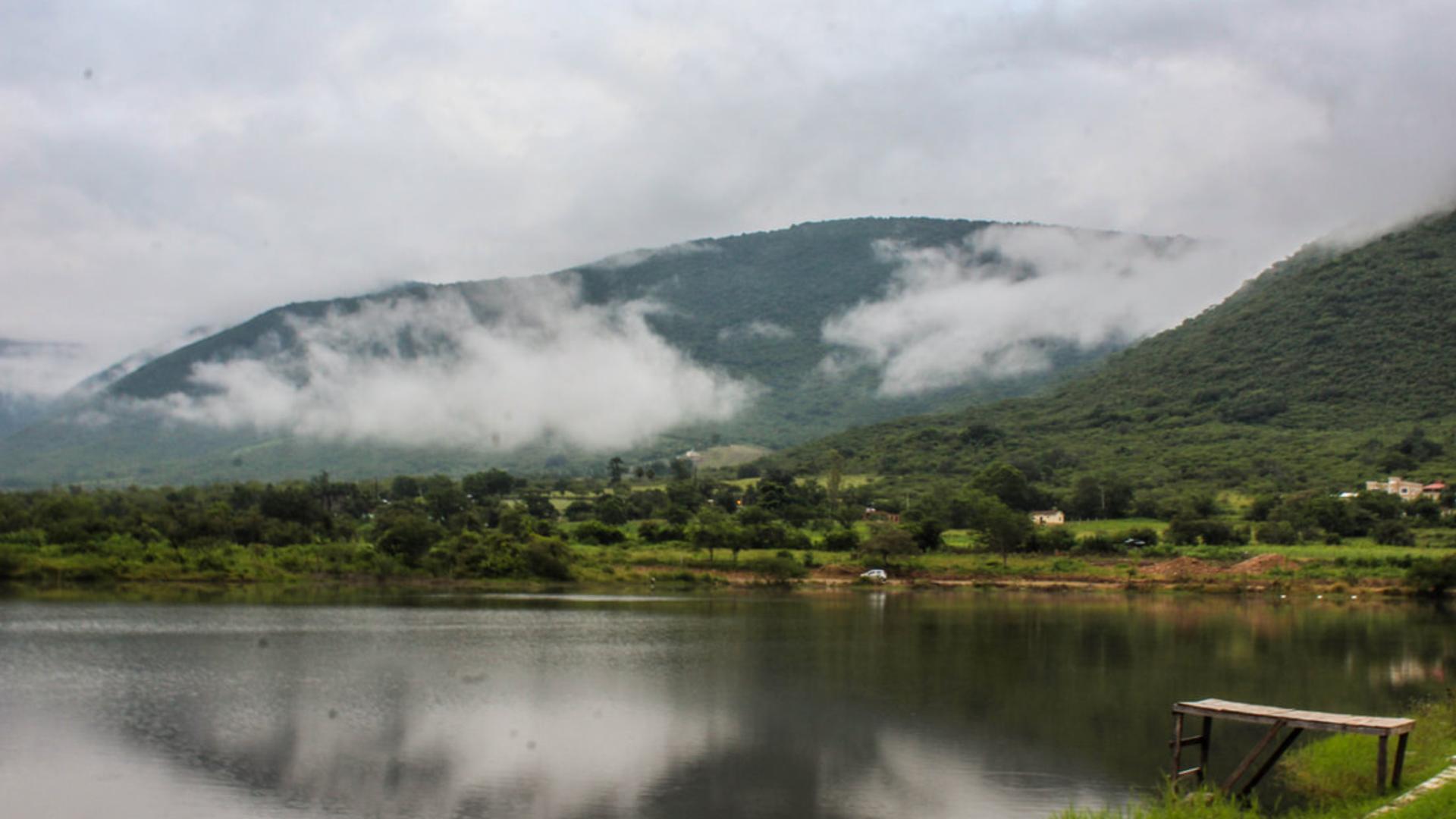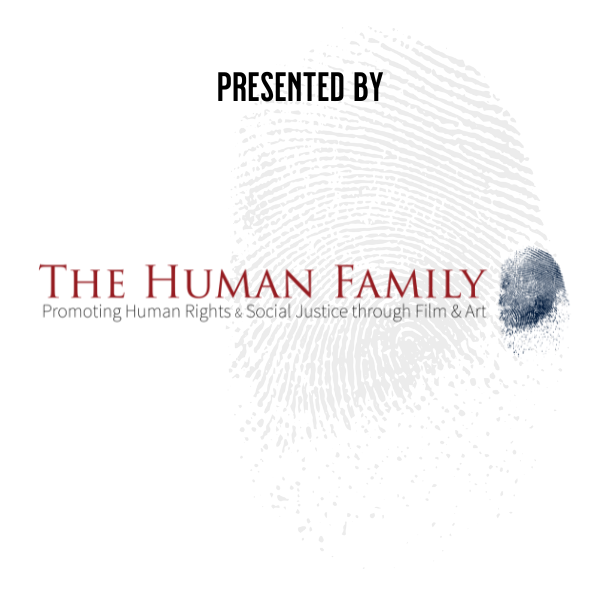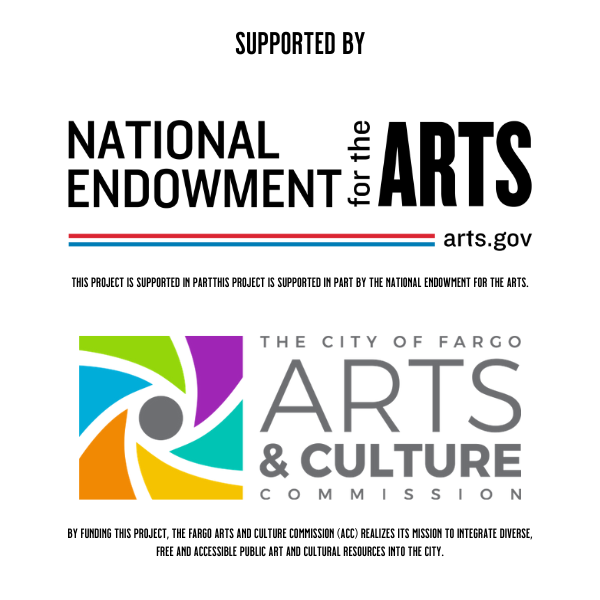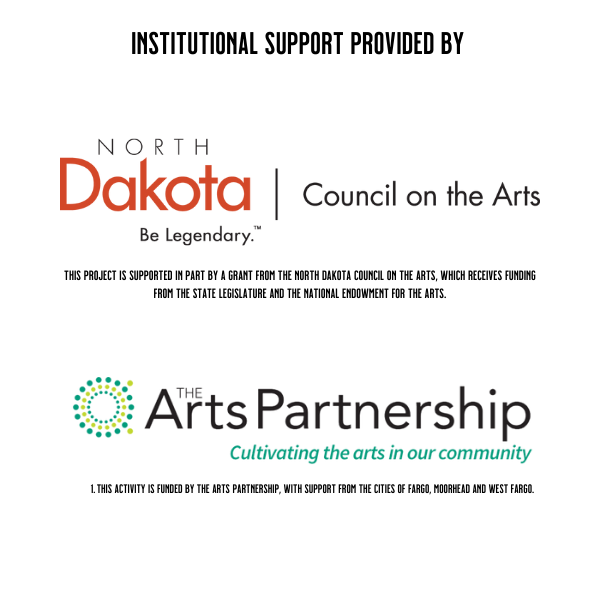

Recognizing that the economic disparities resulting from privilege and exacerbated by the pandemic are a barrier to engagement, the North Dakota Human Rights Film and Arts Festival has completely removed financial barriers to engaging with the festival. As a result, access to the festival's programming is free and accessible to all. As your individual situation allows, you are welcome to donate to the festival to help support our work.
Films are available to screen from midnight, Sunday, November 6, through midnight, Sunday, December 11.
Films in the North Dakota Human Rights Film and Arts Festival have not been rated for adult content and may include violence, nudity, language, and adult situations. Viewer discretion is advised.
WATER TALKS was produced by Dr. Tatiana Lobato de Magalhães of the Universidad Autónoma de Querétaro, UAQ, and Dr. Marinus Otte, Fulbright Specialist and Professor at the Department of Biological Sciences at North Dakota State Univerity.
The film is based on a collaborative project in the Sierra Gorda in the state of Querétaro, Mexico. The project (see https://uaqfulbrightspecialist.weebly.com/) was established as a result of Dr. Otte receiving a Fulbright Specialist award (see https://fulbrightspecialist.worldlearning.org/) based on his expertise in water and wetlands. Colleagues at UAQ had already been working with communities in the Sierra Gorda for several years on water availability and quality issues. This project built on that work by visiting the communities and by bringing together all people with interest in the issue, from the people living their daily lives in the valley towns and the communities at high elevations to all layers of government, including state and federal, as well as NGOs involved in conservation and society.
During an 8-day expedition, the collaborative visited many communities and, among others, filmed and recorded people about their views on water. They spoke about how water availability and quality changed, mostly worsened, over time. How they used to bathe and fish in the water, and how little of that is still possible. It shows how people with different perspectives and backgrounds are concerned about different things and how they all talk about the same thing. It is easier to get water, but at the same time, there is less of it, and the quality of water, in general, has greatly decreased.
The film was edited at UAQ, and the Spanish version of the documentary premiered in Querétaro, Mexico, in February 2021. This screening will be the premiere of the English version.
The documentary is a compilation of people telling their stories without interruption by narrators or interviewers. The people in the film live in a different place from here, with their own histories and cultures, but the problems they face concerning water are the same here as they are all over the world. We depend on water as much as people in the Sierra Gorda, but we all have less of it than before, and its quality has declined. The documentary does not present solutions but intends to initiate more conversations about water.
Presented in partnership with North Dakota State University's Department of Biological Sciences

- Year2022
- Runtime66 minutes
- LanguageSpanish, English
- CountryUnited States
- PremiereRegional
- DirectorDr. Marinus Otte & Dr. Tatiana Lobato de Magalhães

Recognizing that the economic disparities resulting from privilege and exacerbated by the pandemic are a barrier to engagement, the North Dakota Human Rights Film and Arts Festival has completely removed financial barriers to engaging with the festival. As a result, access to the festival's programming is free and accessible to all. As your individual situation allows, you are welcome to donate to the festival to help support our work.
Films are available to screen from midnight, Sunday, November 6, through midnight, Sunday, December 11.
Films in the North Dakota Human Rights Film and Arts Festival have not been rated for adult content and may include violence, nudity, language, and adult situations. Viewer discretion is advised.
WATER TALKS was produced by Dr. Tatiana Lobato de Magalhães of the Universidad Autónoma de Querétaro, UAQ, and Dr. Marinus Otte, Fulbright Specialist and Professor at the Department of Biological Sciences at North Dakota State Univerity.
The film is based on a collaborative project in the Sierra Gorda in the state of Querétaro, Mexico. The project (see https://uaqfulbrightspecialist.weebly.com/) was established as a result of Dr. Otte receiving a Fulbright Specialist award (see https://fulbrightspecialist.worldlearning.org/) based on his expertise in water and wetlands. Colleagues at UAQ had already been working with communities in the Sierra Gorda for several years on water availability and quality issues. This project built on that work by visiting the communities and by bringing together all people with interest in the issue, from the people living their daily lives in the valley towns and the communities at high elevations to all layers of government, including state and federal, as well as NGOs involved in conservation and society.
During an 8-day expedition, the collaborative visited many communities and, among others, filmed and recorded people about their views on water. They spoke about how water availability and quality changed, mostly worsened, over time. How they used to bathe and fish in the water, and how little of that is still possible. It shows how people with different perspectives and backgrounds are concerned about different things and how they all talk about the same thing. It is easier to get water, but at the same time, there is less of it, and the quality of water, in general, has greatly decreased.
The film was edited at UAQ, and the Spanish version of the documentary premiered in Querétaro, Mexico, in February 2021. This screening will be the premiere of the English version.
The documentary is a compilation of people telling their stories without interruption by narrators or interviewers. The people in the film live in a different place from here, with their own histories and cultures, but the problems they face concerning water are the same here as they are all over the world. We depend on water as much as people in the Sierra Gorda, but we all have less of it than before, and its quality has declined. The documentary does not present solutions but intends to initiate more conversations about water.
Presented in partnership with North Dakota State University's Department of Biological Sciences

- Year2022
- Runtime66 minutes
- LanguageSpanish, English
- CountryUnited States
- PremiereRegional
- DirectorDr. Marinus Otte & Dr. Tatiana Lobato de Magalhães




